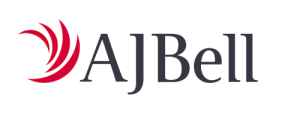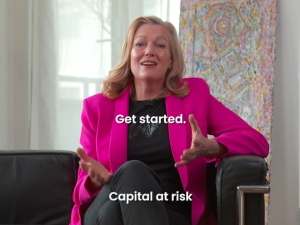During March, our net asset value return was -1.2% and shareholder returns were -3.1%, in comparison to the FTSE All World Index return of 0.9%.
March saw considerable volatility in markets, with the collapse of several regional banks in the US among the first casualties of the aggressive interest rate hikes we have seen over the past year. The fall of Silicon Valley Bank (SVB) raised fears about contagion in the financial system and engendered a broader crisis of confidence in the security of client deposits, ultimately culminating in the purchase of Credit Suisse by UBS after large deposit outflows hit the already struggling Swiss lender. While it is accepted that the risk of a wider banking crisis has been contained – controls implemented since the Global Financial Crisis mean banks are very well capitalised – a slump in credit provision from banks has important implications for the interest rate outlook. For one, credit tightening by banks and rate hikes by central banks are analogous to the extent that both combat inflation, leaving less for the US Federal Reserve to do itself. With central bankers facing a clear and immediate trade-off between controlling inflation and maintaining financial stability, markets moved rapidly to price-out interest rate hikes later in the year, with the US 2-year yields declining their most since 1982 on 13 March. Despite continued labour market strength and ‘stickier’-than-expected inflation in February, terminal rates are now expected to peak at a lower level, with rate cuts in the latter half of the year back on the table given heightened risks of recession in light of this credit shock.
Overall, global equities, as measured by the benchmark FTSE All World Index, rose by 0.9% in sterling terms during the month, reversing moderate losses in February (-1.0%). Sterling was stronger over the month, which curbed gains for UK investors. Despite the re-pricing of terminal rates lower (US 10-year yields declined from c.3.9% to c.3.4% over the month), equity markets saw limited gains on renewed recession concerns.
Across sectors, technology continued to see strong performance as growth stocks took the baton of market leadership from value, propelled by peaking bond yields and the sector’s perceived resilience to a growth downturn. Precious metals and mining also performed particularly well as investors sought safe havens during March’s banking sector turmoil; spot prices for gold touched $2,000 per ounce for the first time since the invasion of Ukraine. In contrast, banks were the worst performers during the month.
On a regional basis, returns were mixed, with Europe (+0.1%) and the UK (-2.6%) performing worse than the FTSE All World (0.9%) and US (1.4%) in sterling terms. China saw better performance in March (+2.1%) after particularly weak performance in February (-8.6%), driven by a rebound in leading economic indicators. Alibaba Group Holding’s major overhaul plan also boosted Chinese technology stocks, with investors betting the sector is in for an overdue revaluation as the regulatory environment improves.
We ended the month at a discount of 3.7%, widening from a discount of 1.9% at the end of February. Net gearing continued to be conservative, reflecting our expectation that markets will remain volatile in the short term, as inflationary pressures persist and the risk of recession rises. Nonetheless, F&C Investment Trust’s corporate structure makes us well placed to withstand further market volatility, and we remain focused on the long-term opportunities for the benefit of our shareholders.











